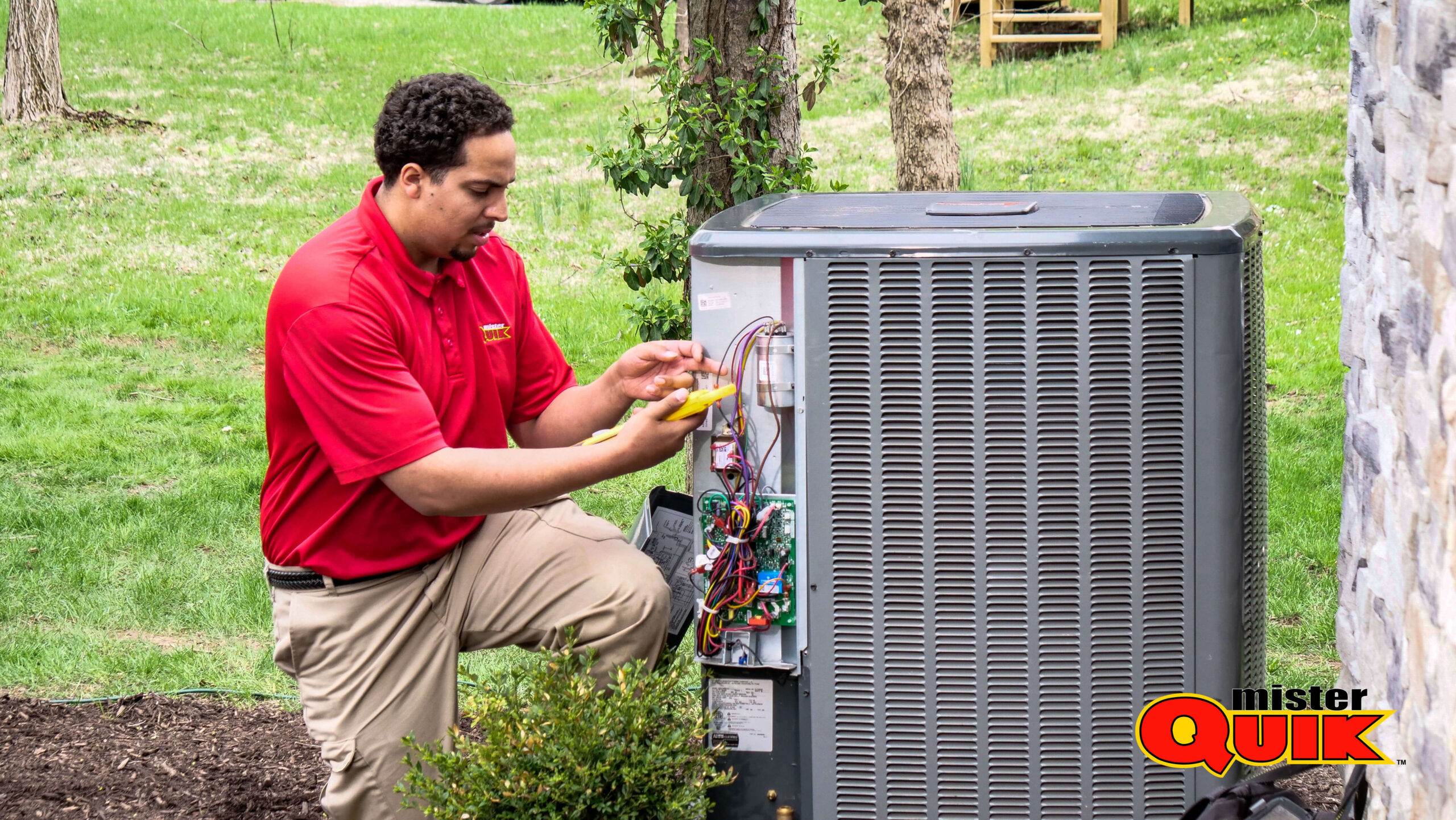
Types of Air Handlers
When it comes to heating and cooling your home, air handlers play a crucial role. Here are the different types of air handlers you should know about:
- Single-Speed Air Handlers: These air handlers operate at a fixed speed, delivering consistent airflow throughout your home. While they are simple and cost-effective, they may not offer as much flexibility in terms of energy efficiency or comfort control.
- Variable-Speed Air Handlers: Unlike single-speed models, variable-speed air handlers can adjust their speed based on the heating and cooling demands of your home. This results in more precise temperature control, better energy efficiency, and improved indoor air quality. Variable-speed air handlers are often quieter and can help reduce humidity levels in your home.
- Hydronic Air Handlers: Hydronic air handlers use hot water or steam from a boiler to heat your home. They can also be used for cooling by connecting them to a chiller or heat pump system. Hydronic air handlers are highly efficient and can provide comfortable heating and cooling throughout your home. They are paired with a Geothermal system.
- Ductless Mini-Split Air Handlers: Ductless mini-split air handlers are a versatile option for homes without ductwork. They consist of an indoor air handler unit connected to an outdoor condenser unit. Ductless mini-split systems offer individualized comfort control for different zones in your home and can be a cost-effective solution for room additions or renovations.












